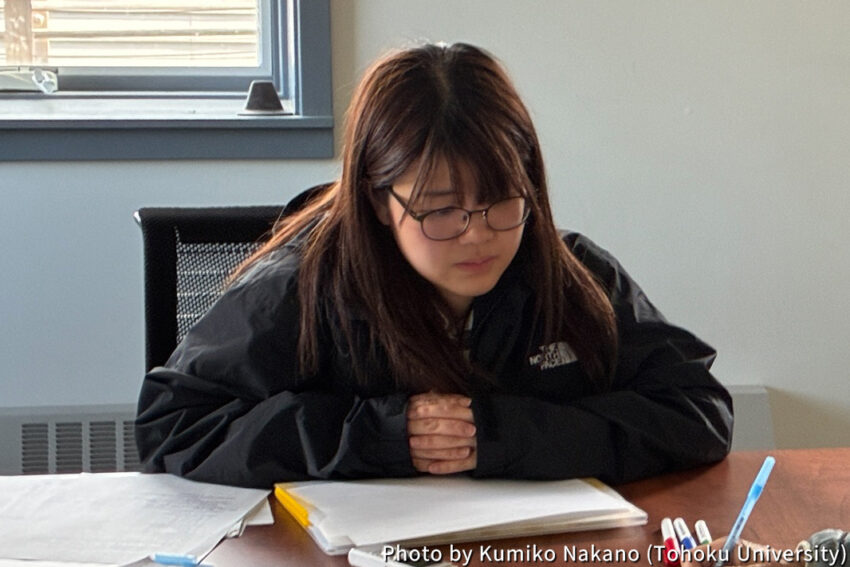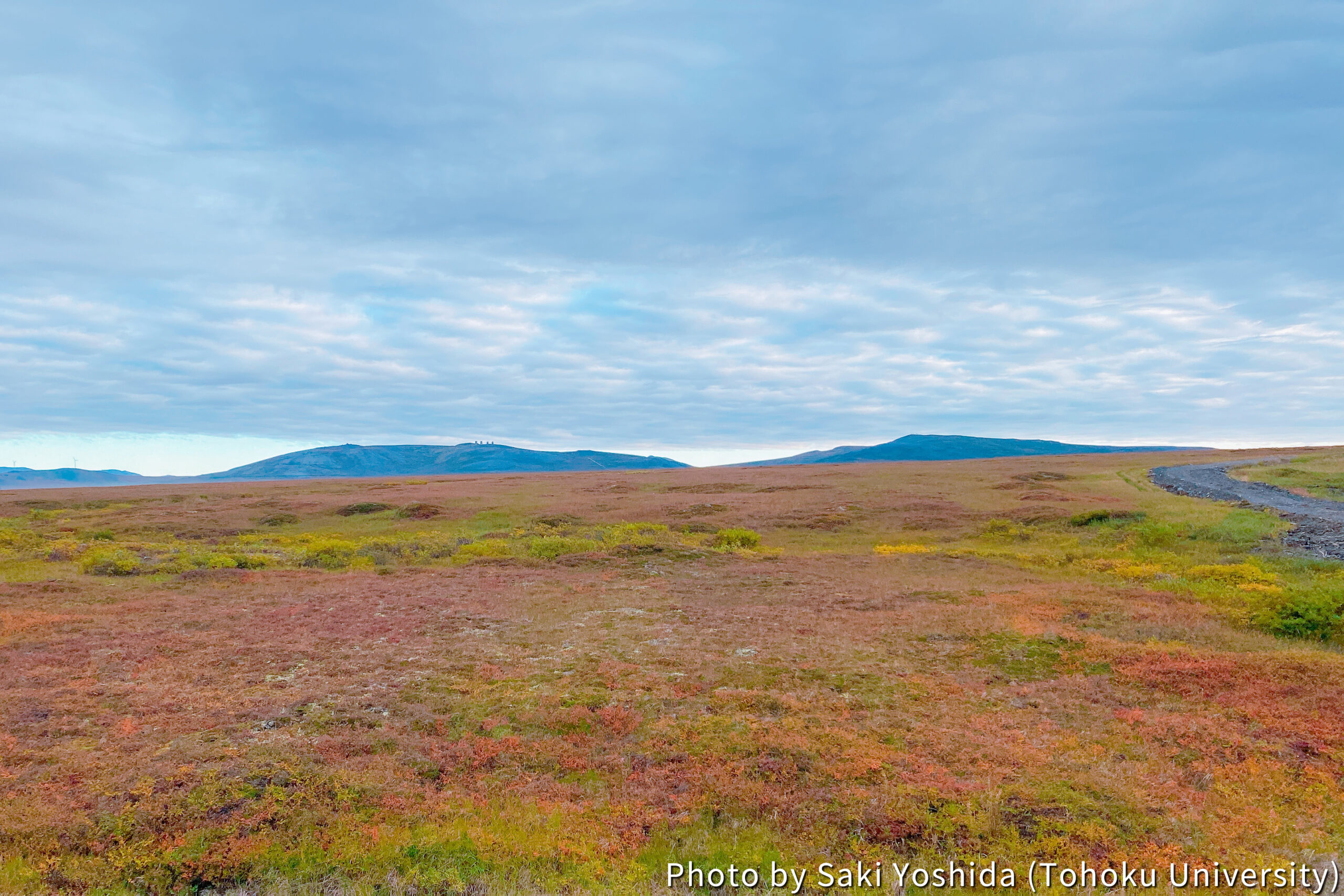Release date
Interview Study on the Development of Community Intervention Programs Using Participatory Approaches in Alaska Native Communities
Post Date:
Author: Saki Yoshida (2nd-year Master’s Student, Graduate School of Medicine, Tohoku University)
From to , I visited three cities in Alaska—Fairbanks, Anchorage, and Nome—to conduct interview-based research on community participation in local intervention programs.
 During the interview
During the interview
Globally, health disparities have been recognized as a critical issue. Social Determinants of Health (SDH)—such as income, education, and living environment—significantly affect health outcomes. In Alaska, serious health disparities exist between Indigenous and non-Indigenous populations. These disparities have complex historical and social roots, including Historical Trauma stemming from the loss of culture and land through colonization. In response, community-led, culturally grounded, and collaborative participatory approaches have been implemented; however, systematic examination of their structure and practice remains limited. Therefore, this research focused on interviews with practitioners engaged in participatory programs within Alaska Native communities.
During the visit, I conducted interviews with nine program practitioners. The findings revealed that respect for local culture, values, and knowledge is essential for building community trust and enhancing the acceptability and sustainability of programs and research. The interviews also highlighted that identifying key community members, engaging at appropriate times, maintaining continuous dialogue, and sharing meals with the community fostered collaborative program development. These practices were found to strengthen community autonomy and support sustainable regional development.
In addition to the interviews, I visited universities and healthcare institutions to gather information related to community health, participation, and Indigenous culture. In Nome, I was invited to the fish camp of an Alaska Native participant. This valuable opportunity allowed me to observe their lifestyle and to understand both the vastness of the natural environment and the reality of remote living.
In the next phase, I will analyze the collected data to develop a practical framework that supports community-based participatory co-creation. The findings of this study are expected to contribute to the advancement of interdisciplinary research and practice in the Arctic region.
This visit was made possible through the generous support of the Overseas Fellowship Program of the Arctic Challenge for Sustainability III (ArCS III) project. I would like to express my sincere appreciation to all individuals and institutions who kindly offered their time, guidance, and cooperation throughout this visit.


